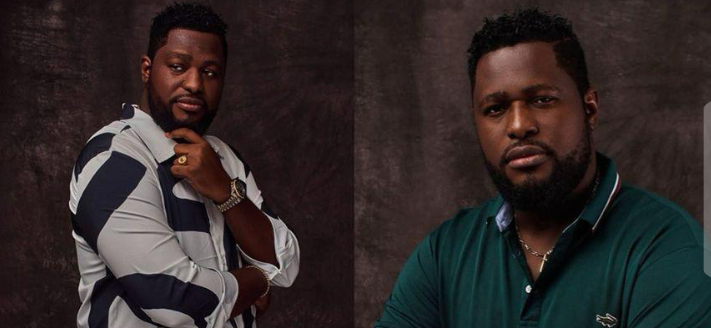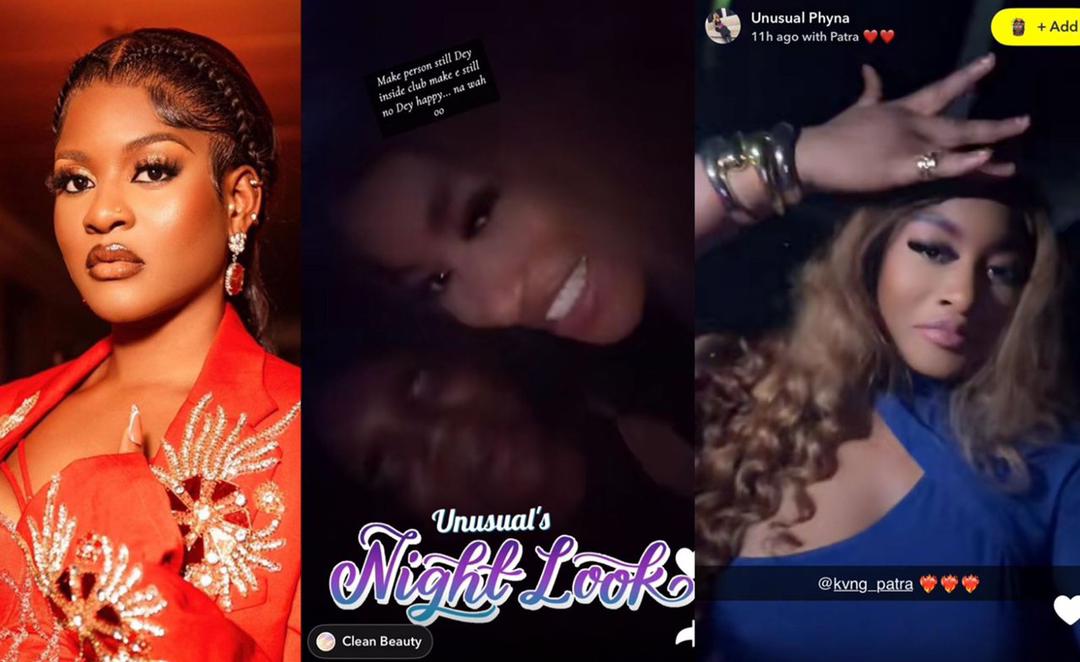
“Modern Love Is a Fraud” — Cleric Emmanuel Okose Sparks Massive Reactions with Fiery Post on Marriage Crisis

In a digital age where social media serves as both pulpit and protest ground, controversial self-proclaimed clergy, Emmanuel Okose, has shaken the internet with a scathing post declaring that modern-day relationships and marriages are nothing but a "pure fraud." The statement, published on his personal social media page, is already setting off a firestorm of responses, debates, and introspection across the country.
Okose, known for his unfiltered opinions and fiery rhetoric, did not mince words in his latest commentary. “TRUTH BE SPOKEN,” he wrote in bold capital letters, “RELATIONSHIP AND MARRIAGE IN OUR CURRENT GENERATION IS A PURE FRAUD.” His post didn’t stop there. He claimed that 90 percent of people entering into relationships or marriages today are doing so for personal benefit and not for genuine love, a statement that has left the internet reeling and many eyebrows raised.
From the pulpit to the people, Okose’s message cuts deep into the heart of societal expectations and emotional transactions. His statistics, while unverified, are intended to provoke: “FROM THE YEAR 2000 TILL PRESENT THE WORLD HAS EXPERIENCED 24 MILLION DIVORCES WORLDWIDE,” he wrote, labeling the figure as “RIDICULOUSLY INSANE.” Whether one sees it as an exaggeration or an awakening, the impact of his words cannot be denied.
The statement, laced with religious undertones and spiritual alarm bells, continued with a striking warning. “IT IS BETTER TO BE SINGLE THAN TO HAVE SATAN ASSISTANT BROTHER/SISTER IN YOUR LIFE,” he proclaimed, suggesting that marrying the wrong person is worse than remaining alone. “MAY GOD HAVE MERCY ON THIS CURRENT GENERATION,” he added, offering a prayer with a heavy dose of judgment.
The final blow came with a sharp line that has since gone viral: “TO WHOM BRAIN IS GIVEN SENSE IS EXPECTED.” It was a call to wake up, think deeply, and stop being blinded by illusions of modern love built on shaky foundations.
In the hours following his post, Okose’s page was flooded with mixed reactions. Some hailed him as a prophet, saying he had boldly spoken the truth many are too afraid to utter. “He’s right! Too many people are marrying for status, money, and convenience. No wonder the divorce rate is sky-high,” one user commented. Another wrote, “If only people would marry for love and purpose, the world would be a better place.”
Others, however, weren’t so impressed. Critics accused him of generalizing, misrepresenting the sanctity of marriage, and peddling fear instead of faith. “This kind of message damages hope. Not every relationship is fraudulent. Some of us still believe in love,” wrote a woman who identified herself as a relationship counselor. “This statement may scare young people away from commitment rather than guide them,” another concerned user added.
Regardless of where one stands, the post has stirred much-needed conversations about the foundation of relationships in this era. Many are reflecting on why people get married today—whether it’s for love, financial stability, societal pressure, sexual access, or simply because “everyone else is doing it.” The rise of social media “couple goals,” glamorous wedding aesthetics, and curated love stories often masks deeper issues like emotional disconnect, infidelity, abuse, and lack of communication.
Okose’s post isn’t just a social media rant. It’s a mirror that reflects uncomfortable truths many are silently grappling with. In a world where marriages are sometimes treated as trends and relationships as escape routes from loneliness or poverty, the institution is indeed under pressure.
Marriage counsellors and clergy members around the country are weighing in. Pastor Raymond A., a family life expert in Lagos, called for balance. “While it’s true that motives for marriage have become increasingly self-serving, we must also acknowledge that genuine love and purpose-driven relationships still exist. The key is education, spiritual grounding, and proper premarital counseling,” he said in a WhatsApp broadcast.
Dr. Uche Nkem, a clinical psychologist in Abuja, believes the rise in divorce and dissatisfaction stems from unrealistic expectations fueled by pop culture. “People expect their partners to be everything—lover, provider, therapist, chef, cheerleader, spiritual leader—all in one. That pressure breaks relationships. Many enter marriage with fantasy and exit with regret.”
Interestingly, Okose’s post also raises a profound theological question: if the modern generation is truly failing at love, then what is the role of the Church, community, and leadership in guiding young people into successful unions? Are religious leaders stepping up to prepare youths for the reality of marriage, or merely officiating weddings without ensuring readiness?
Across platforms like TikTok, X (formerly Twitter), Instagram, and Facebook, the reactions keep rolling in. Some are sharing their personal experiences—broken engagements, abusive marriages, or successful unions that defy the odds. Others are jokingly declaring themselves “proudly single,” citing Okose’s post as further validation for their solitude.
While Emmanuel Okose may not be a universally respected name, his voice in this instance has pierced through the surface of societal denial. Whether one agrees or not, he has forced a crucial conversation. What is love in 2025? Is it still selfless, sacred, and sacrificial? Or has it become a transactional performance played out for validation, survival, or selfish gain?
Only time will tell. For now, his message lingers like a bitter truth swallowed reluctantly but remembered forever. And as the digital dust settles, one thing is clear: the conversation about love, relationships, and marriage is far from over. Whether viewed as prophetic or problematic, Emmanuel Okose has shaken a table many were sitting on too comfortably.
After all, in a generation flooded with curated romance and filtered perfection, maybe what we needed most was an unfiltered dose of brutal honesty.


